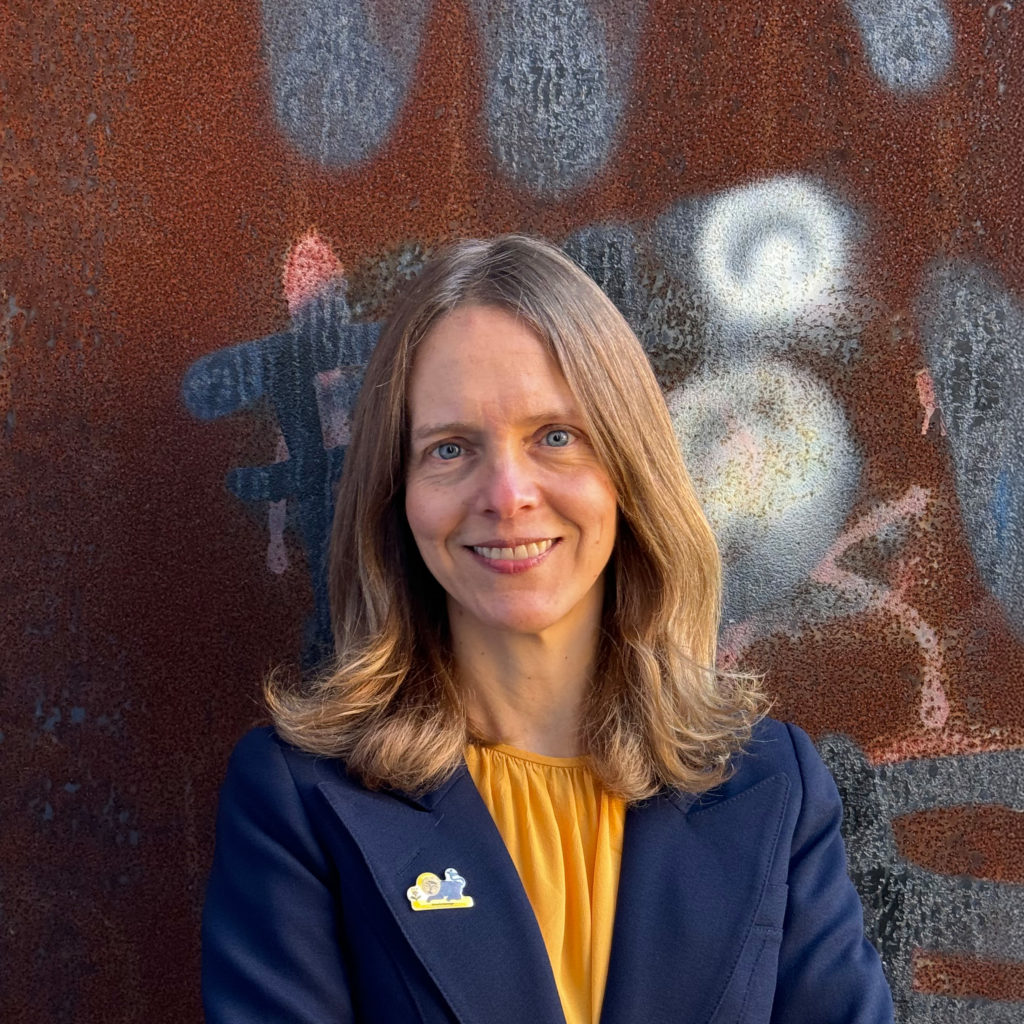Fiona Greenland has conducted fieldwork in Ukraine since the beginning of 2024, both in her capacity as director of the CURIA Conflict Observatory team and as faculty member in sociology at the University of Virginia. As a CURE fellow, she will study the policies and practices of cultural heritage documentation in Ukraine since Russia’s full-scale invasion. Empirically, the project analyses the collaborative efforts of on-the-ground civil society groups, scholars, NGOs, and government agencies. Numerous collaborations are in place to document Russian destruction and expropriation of cultural objects, sites, monuments, and buildings. These collaborations are dynamic, technologically creative, and largely self-organized. This research thus serves as a critical case for understanding how post-conflict reparations take shape in the period of wrongful conduct prior to formal reparation processes. In her 2023 paper on compulsory meaning in post-colonial reparations, Fiona Greenland has so far observed that the effort to document physical damage to sites of worship, art, and historical memory are immediately linked with narratives of their meaningfulness. Building on this, the project examines concepts of meaningfulness and loss on a theoretical level.
PROF. DR. DR. FIONA GREENLAND
CURRICULUM VITAE
Fiona Rose Greenland is associate professor of sociology and associate professor of anthropology (by courtesy) at the University of Virginia, and founder and co-director of the Cultural Resilience Informatics and Analysis Lab (CURIA). She studies cultural heritage protection and recovery processes, with particular interest in how new technologies are incorporated into national and international cultural heritage frameworks. Since January 2024 she has directed the Conflict Observatory Ukraine’s CURIA investigation team. She was principal investigator on two grants funded by the U.S. National Science Foundation, “Insurgent Artifacts: Remote Sensing and the Rise of Conflict Archaeology” (2017–2022) and “Spatial-Temporal Analysis of Social Disintegration” (2020–2023). A trained OSINT investigator, she welcomes opportunities to collaborate with other open-source intelligence researchers with shared interests in documenting cultural losses for legal accountability and post-conflict restitution.
